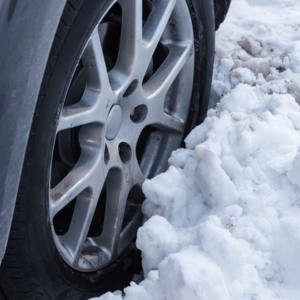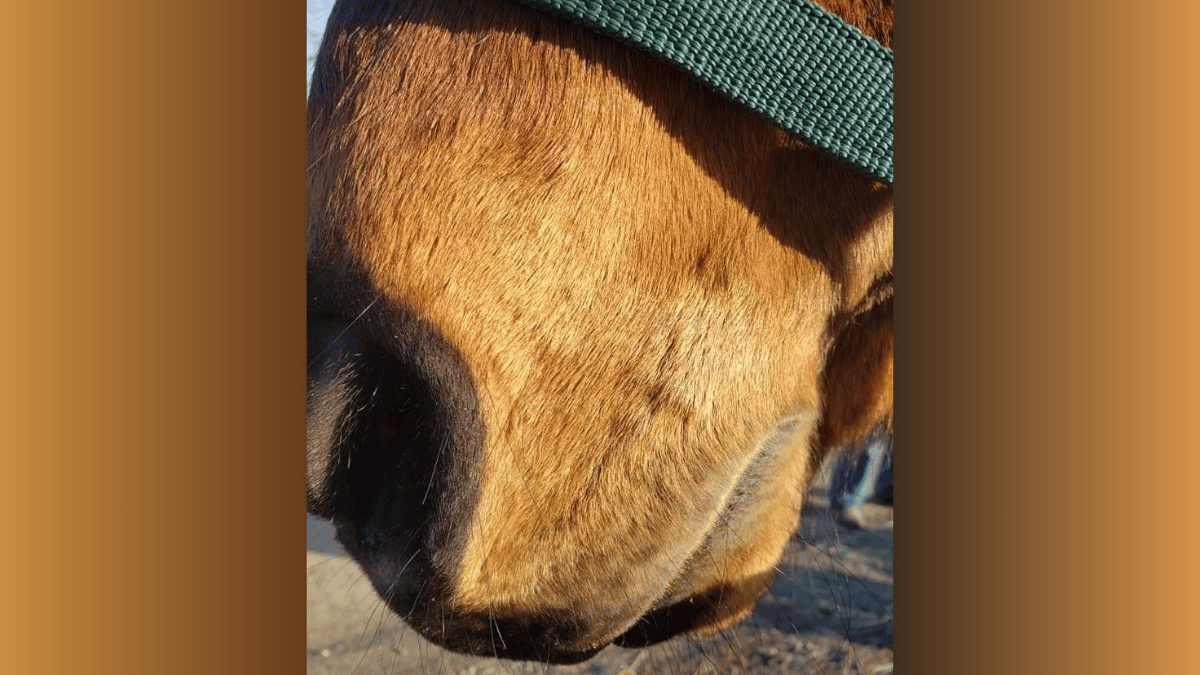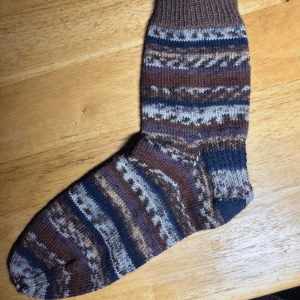Exploring Egg Glassing
Egg Glassing
My family uses a lot of our farm eggs everyday for our nutritional benefit: deviled eggs, quiche, eggies-in-a-basket, French toast, omelettes, bread, fried rice, and egg drop soup are just some examples of how we dine on those beloved oblong goodies. However, sometimes the flock produces more than we can consume, trade, or sell in a week.
Considering that my gals grace us with about a dozen a day, eggs can become overwhelming.

Egg glassing opens up an opportunity to preserve eggs long term. It also guarantees that you’ll have available eggs in times of molting, winter, or flock loss. I certainly support various methods of food preservation to ensure availability and success of your treasure.
Historically, the term “egg glassing” refers to two methods of egg preservation. The first method involves the chemical Sodium Silicate aka “liquid glass”. Fresh laid eggs were immersed in the solution, removed, and allowed to dry. A permanent air type coating dried onto the eggs to retain the moisture inside of the egg, thus being fresh for up to five months. Because of not being permeable to air, the egg will crack if boiled. I still remember using a push pin to poke a hole in eggs with my mother before hard boiling them. I frequently wondered why I never saw anyone else do this until I realized that she did out of habit from her mother’s methods.
Much of egg glassing now within homestead circles is referred to as using Calcium hydroxide; slaked lime or pickling lime. Slacked lime is frequently used in various food processes from clarifying water to the process of nixtamalization first developed in Mesoamerica; where maize and other grains are soaked and cooked with an alkaline solution; frequently with limewater. After hulled and rinsed, the remaining grain is easier to grind, flavor and aroma are improved, and nutritional value is increased. It is a practice still used today!
So this takes us to using Calcium hydroxide with egg preservation. Fannie Farmer published about egg preservation in 1896 within her Boston Cooking-School Cook Book which popularized the method, but I currently have been unable to source the history beyond this with eggs specifically; it may have correlation to early chicken husbandry by women, but I am curious if there is any connection to Mesoamerican nixtamalization.
Pickling lime is used frequently to give pickles a crunch by soaking for 24 hours and then rinsing several times. Baked goods like bagels and pretzels are given a quick lye soak in a stainless steel pot; the lye breaks down the proteins in the dough and creates a unique texture and crust.
There are sources that have deterred from using limewater that is not food grade quality, as it has been linked to botulism and commercial grade calcium hydroxide is too powerful for small home usage. With the alkalinity of pickling lime, it neutralizes acids and may not be strong enough to kill bacteria. When considering egg selection for glassing, it is then of the upmost importance to choose eggs that are clean and uncracked. The solution seals the eggshells and suspends them.
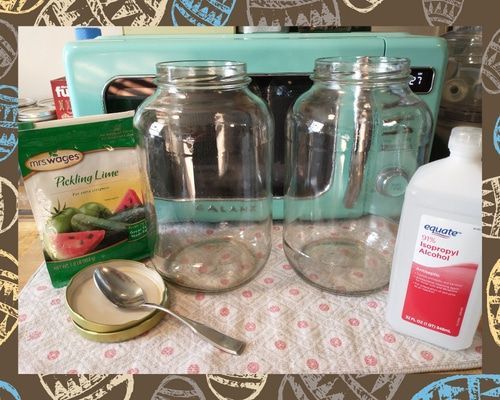
So lets get down to the materials needed for egg glassing!
- Containers : glass jars are my preference but I have also heard of buckets used which makes sense for quantity and ease of removal. Anything with metal must be stainless steel or will react with the lime and have toxic consequences. I recommend sanitizing the container.
- Pickling Lime : must be food grade quality and can be obtained with canning supplies.
- Eggs : unwashed, clean, and un-cracked eggs that are fresh.
- Water : de-chlorinated water preferred.

METHOD
The basic recipe is 1 ounce of lime to 1 quart (4 cups) of filtered water.
Protect skin from direct contact with the lime. You may use a scale for more accurate measuring but roughly 2 tablespoons equals an ounce. I would load up your container first carefully with the eggs, then pour water in with measured amounts, then add your pickling lime in correct quantity. The lime will cloud the water and as it settles; forms a layer at the bottom. I will shift the container carefully to sort the eggs and mixture.
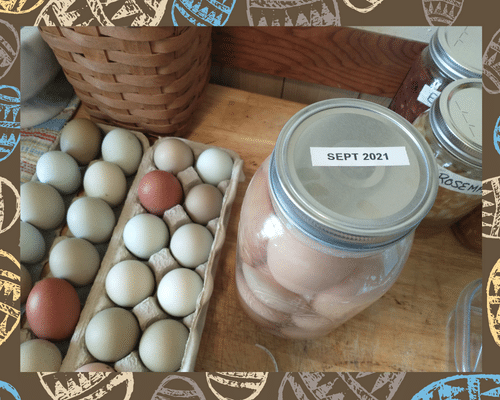
Label containers with the year and store them in a cool location. I use my cellar with a rotation, producing some each year to ensure a supply is available just in case. I admit I often do not need to choose these eggs as hybrid breeds frequently produce enough for us even in winter without extra light (although not enough to sell). I can understand the greater appeal of freeze-dried eggs to maintain quality longer. Limewater eggs do take on a different consistency as they age. Most say two years for the maximum storage; some state less, and others more.
When ready to use, open the container and very carefully remove eggs (I recommend soft tongs). Place eggs in a bath of water and soak for an hour, drain the water and soak again for another hour. I took this a step further and added some vinegar to the water to help neutralize the alkalinity of the eggs, soaking a third time. Check your eggs with the float test and remove and discard any that are buoyant. I’d love a scientific assessment of the composition of finalized eggs in this method overall for nutrition and variances to fresh laid eggs. When cracked the eggs have a supremely runny consistency; with the yolks visible but without lasting structure. They are extremely easy to beat up in a bowl for scrambled eggs.
Now, I had my own levels of trepidation and disbelief when I started egg glassing a couple years ago; it seems a very unreliable way to preserve eggs long term, but this was a long term project for me to test out if it was an option for our family. Mainly because I did not enjoy the consistency of frozen eggs that had been baked in muffin tray, and I don’t own a freeze dryer. Dehydration is another option I want to look into, but for now egg glassing had an ease of production that was ideal for my busy family.
Most articles I’ve read on egg glassing NEVER mention actually consuming the final product which almost makes me feel that many do it for the sake of action and not the sustainability. I enjoy transparency, and I’m a frightfully honest woman…so I feel it necessary to talk about the pros and cons of the entire process from start to finish with my journey.
FOR SCIENCE!
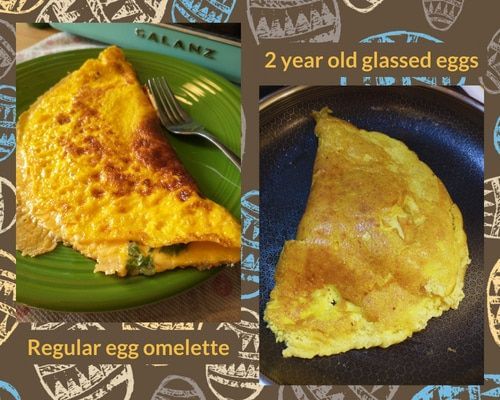
The flavor of 2 year old glassed eggs is that of store bought and also reminded me of the government powdered eggs I had in school. They taste like eggs, smell like eggs, and have the texture. However, they are not as rich and a bit flat tasting; not stale, but just not as great. Granted, I made this breakfast without milk or cheese to obtain the clarity of flavor alone; but side by side fresh eggs will always out compete glassed ones.
In conclusion, I certainly support egg preservation using proper egg glassing with precautions, but I would much rather freeze dry them for overall length of storage time, retaining flavor and nutrition, saving space, and reducing issues. I can understand a lot of arguments on either side of the fence with egg glassing. It is a feasible way to preserve eggs long term if done correctly, but establishing the best options for your family is ideal!

Julie Ibarra
I absolutely love sharing my journey with you thru our NLHG Online Community and encourage all women to join us ! I am the Educational Coordinator of the Sandusky county Chapter in Northwest Ohio. I run a small homestead named The Misty Mushroom with a focus on native plant permaculture. I love to forage, garden, paint, cook, craft, brew, create, read, experiment, doddle, adventure, explore, and cause some shenanigans when bored…thankfully my children and lifestyle keeps me out of trouble for the most part.


